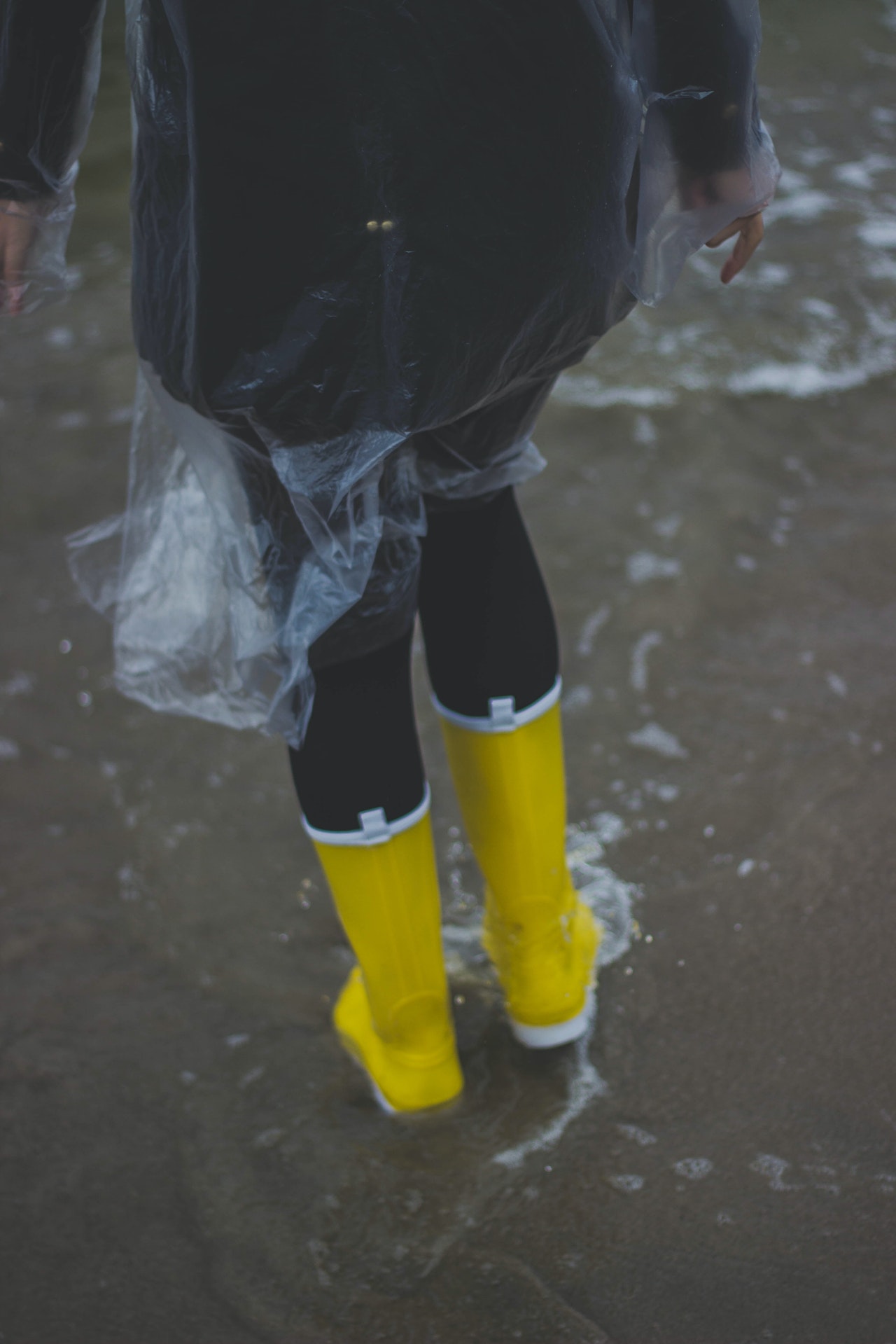Record rainfalls, mega-storms, flash flooding, bursting riverbanks. As we experience ever more extreme weather conditions, growing numbers of people are experiencing the heartache of water damage in their homes.
However, water damage can occur in your house from all sources, it doesn’t have to be from a flash flood, or the nearby river that has burst its banks and destroyed your beautifully decorated home.
Your washing machine, dishwasher, heating system, a rogue water pipe, and even your overflowing bath can cause horrendous water damage to your house. It’s only at this point that most people wake up to the fact that water destroys houses.
However, it doesn’t need to mean complete renovation is needed. If you take the correct action, you can minimise the damage, and even save your beloved home or furnishings from being condemned.
Tips to limit losses from water damage in your home
Here are our seven top tips to limit losses from water damage in your home.
Speed
Speed is of the essence. Make sure you have switched off your water and electricity supply.
Water damage can cause serious problems with mold etc, if not dealt with within 24 hours.
Assessing where the damage stems from is the first port of call. Is it clean water? From your pipes, rain, condensation etc. This water is relatively easy to clean up yourself, damage dependent. ‘Grey’ can be slightly more tricky water, this comes from your appliances such as washing machines and dishwashers. Grey water will contain some contaminants but as long as you are wearing protective clothing you should be able to clean this up yourself. ‘Black’ water is the nasty stuff and requires professional help. Sewage and harmful bacteria are lurking in the water and a professional team will ensure that your home is properly treated. Failure to treat black water properly could lead to illness and infection, not to mention a real stink in your house.
Damage Assessment
As upsetting as water damage can be its essential to document the damage to the property. Take photos and videos. This could be very important if you later need to use an insurance company and you have the unfortunate experience of dealing with a Loss Adjuster.
Check your insurance
If the water damage is significant – check your insurance. Some insurance companies will only cover certain types or leaks. Burst pipes are more likely to be covered than the slow drips, so act quickly. It goes without saying that being pro-active is key, so check you are covered by your insurance policy before the worst happens.
Dry / blow / dehumidify
Now is the time to dry the area out as fast as possible. For small leaks this can be relatively easy, even a hairdryer can help. Larger areas may require the hire of a dehumidifier or if you have a professional company assisting you, they will normally supply their own. The priority is to get the house dry as quickly as possible. Carpet cleaning companies can also help with excess moisture trapped in your carpets and rugs.
Mould and mildew
Check your belongings. Mould can start to develop in as little is 24 hours. Mould can be extremely toxic to humans and the mold is also extremely damaging to the surface it infests. If the mould is small enough to deal with, cut out the offending area, bag it and remove it. However, larger areas (lofts for example) require professional help. Remove yourself from the area and reduce the airflow as much as possible. Bear in mind mould that can grow and hide inside walls and under floors once you have experienced water damage.
Get sterilizing
Before you return the area to its normal function, make sure it has been thoroughly disinfected. A bleach solution should take care of any remaining spores. Get your carpets professionally cleaned to ensure that any nasties lurking inside are destroyed from your carpets, rugs and even your sofas.
Prevention
Even living in a low risk area your home could still, one day, face water damage. Electrical sockets and switches should be at least a foot above any expected water line. If water does breach the house, take some last-minute measures such as moving furniture, switching off electricity and shutting off your own water supply. You can even roll up carpets and rugs, moving them off the ground if you are expecting the worst. These steps can help reduce damage.



 Bitcoin
Bitcoin  Ethereum
Ethereum  Tether
Tether  XRP
XRP  Solana
Solana  USDC
USDC  TRON
TRON  Lido Staked Ether
Lido Staked Ether  Cardano
Cardano  Avalanche
Avalanche  Toncoin
Toncoin